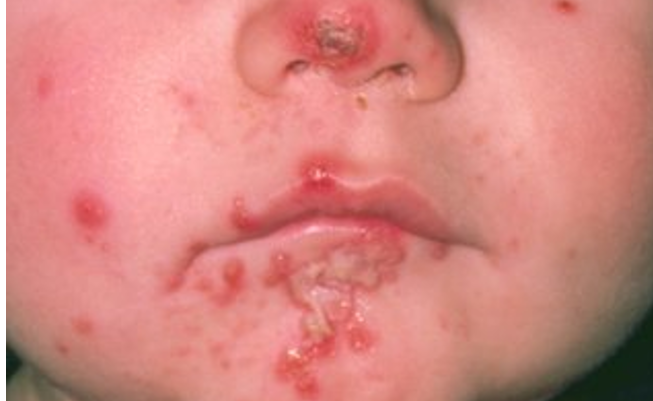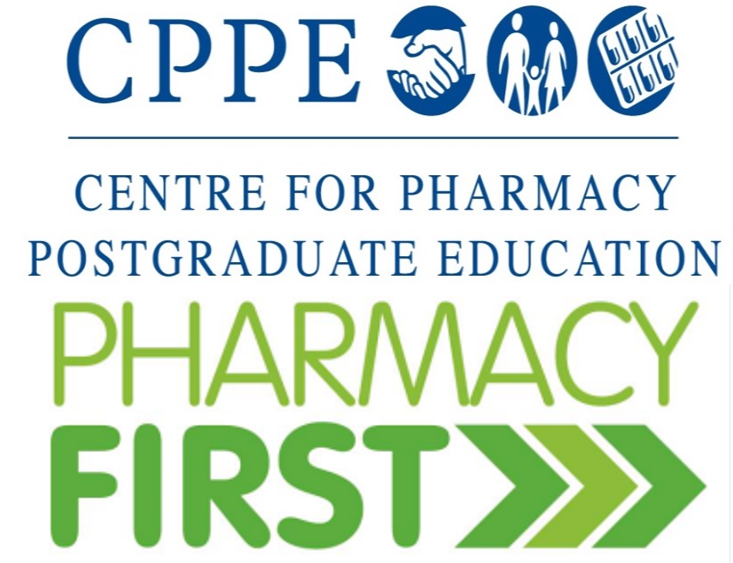Impetigo
Impetigo is a skin infection that's very contagious but not usually serious. It often gets better in 7 to 10 days with treatment which can easily be got from the pharmacy. Anyone can get it, but it's very common in young children. Impetigo starts with red sores or blisters, but the redness may be harder to see in brown and black skin. The sores or blisters quickly burst and leave crusty, golden-brown patches.The patches themselves can:
- Look a bit like cornflakes stuck to your skin
- Get bigger
- Spread to other parts of your body
- Be itchy
- Sometimes be painful
Impetigo can easily spread to other parts of your body or to other people until it stops being contagious.
It stops being contagious:
- 48 hours after you start using Hydrogen Peroxide cream (often recommended by the pharmacist) or using prescribed antibiotics
- When the patches dry out and crust over
Impetigo usually infects skin that's already damaged so to avoid spreading the infection to other areas of your body and to other people the Pharmacist / GP will remind patients or their guadians to:
- Keep cuts, scratches and insect bites clean – for example, by washing them with warm water and soap
- Get treatment for other skin conditions e.g. eczema.
- Stay away from school or work
- Keep sores, blisters and crusty patches clean and dry
- Cover them with loose clothing or gauze bandages
- Wash hands frequently
- Wash flannels, sheets and towels at a high temperature
- Wash or wipe down toys with detergent and warm water
- Not touch or scratch sores, blisters or crusty patches – this also helps stop scarring
- Do not have close contact with children or people with diabetes or a weakened immune system (if they're having chemotherapy, for example)
- Not share flannels, sheets or towels
- If possible do not prepare food for other people
- Not go to the gym
- Not play contact sports like football
Under the Pharmacy 1st scheme if the Impetigo is believed to be severe enough, and dependant on the patient themselves, the pharmacist may prescribe creams including Hydrogen Peroxide and Fusidic Acid. They may also prescribe the oral antibiotics Flucloxacillin, Erythromycin or Clarithromycin if certain criteria are met e.g.
- The patient falls into the correct age bracket for the prescribing
- The patient has the correct signs and symptoms to meet the prescribing criteria
- They do not fall into the excluded categories
- The registered healthcare professional should also have evidence of competence in the clinical skills and knowledge covered in the Centre for Pharmacy Postgraduate Education (CPPE) Pharmacy First Service self-assessment framework. This evidence can be found at the following link CPPE Pharmacy First. Numarknet has partnered with CIG our training provider and a downloadable document with links to the CIG website and enroling on the external CIG training can all be found at the following link ECG Pharmacy First . The document is called ECG Pharmacy First Training Booking Guide.



